Knowing useful Portuguese words and phrases is always handy, and I have written some articles about it. BUT, knowing expressions from Porto is super-duper, don’t you think?
I do, but I am from Porto, so I am not saying I am not biased 😉
In fact, we speak Portuguese in Porto, so do not be afraid: I am not introducing a whole new, unknown language that you have to learn if you come to this beautiful city. No, I am just going to tell you about the funny expressions that we have here. Some other cities have others. What can I say? Portugal is a small country, but rich in different phrases and words.
So, shall we dive in?
You can also watch this topic in my YouTube video here:
Did you like this video? If so, you can subscribe to my channel for more 🙂
5 Porto Expressions
À borliú.
Do you know the expression à borla? If you don’t let me tell you that it is the same as De graça. Do you know it now? 😉
Ok, I can give you the definition.
À borla or De graça means “For free”, same as grátis. So, à borliú is a word that derives from à borla and we use it here in Porto. I don’t know exactly why we started saying it like this, but the fact is that now it is a widely used expression here.
Andor V(b)ioleta!
First of all, I am writing it with a b in brackets, because as you may know, in Porto we like to read the V as a B. Therefore, the correct way of writing it (since we are writing it Porto style) would be “Andor Bioleta”. Now, that I have made that clear, let’s look into this amazing expression (and one of my favourites!).
First of all, it can translate as “Go away” and Portuguese people from other cities would probably use another phrase, like “Põe-te a andar”, meaning something like “Take a walk”.
So, if someone is messing with you and you cannot stand them anymore, just say “Andor Bioleta” and point them to the door.
Be careful with whom you use this, though. You don’t want to get into any trouble and this is not such a nice expression to use with everyone. But I am sure you will find the right moment to put it to use.
Chuço.
This word is so cool. Really!
If you hear a Porto person asking you “Olha, trouxeste o chuço?”, you know he or she will be asking you if you brought your umbrella.
You might have learnt that umbrella is guarda-chuva or chapéu-de-chuva in Portuguese. But now you have upgraded your knowledge! Be aware that in this nice northern city you will probably hear chuço as well to speak about this so-needed object!
Alto Basqueiro!
Do you have any clue what this means? I wouldn’t if I was not from Porto, I think. We use this expression when we want to say that a place is very noisy.
Imagine you go to a party and the music is super loud and people are screaming and laughing and stomping their feet and hands and you can hardly hear the person that is speaking to you. As a Porto person, you would probably say “Pá, está aqui alto basqueiro!”, meaning something like “Man, it is really loud in here!”.
If you ask me where this comes from, I have no idea. But someone started it and it is normal to say this now.
Esbardalhar-se.
Man, I have to laugh when I say this. Really! It is such a funny expression. We use it when we want to say that someone fell! Like, one of those epic falls, you know?
Picture this in your head: you are somewhere waiting for the bus, and someone is running to catch another bus that is almost leaving and it is raining, and they fall right in front of you (they don’t get hurt, it is just funny!). Well, if you were a Porto inhabitant you would probably not be able to contain a “Olha, esbardalhou-se todo!”, meaning “look, he fell big time!” (maybe you have a better expression for this in English? Let me know in the comments ;)). We even add the todo parte, to mean that all of him/ her fell on the floor.
We do not mean it in a bad way, normally. It is just an expression!
This is it for today!
Did you like reading about these expressions and words typical from Porto? Did you know any of them? Have you used any? I would like to know if you did!
Please leave your comments in the comment section below and tell me about your experience in Portugal and in Porto, if you have been here (if not, please do come =))!
Thank you very much for reading my article. I hope you enjoyed it!
Beijinhos,
Mia.
Do you want to learn more about the basics of European Portuguese? Common language courses are too expensive and you are looking for structured and high-quality lectures? I offer you 8,5h of online lectures in my European Portuguese Language Course.
Study at your own pace, pause, rewind and watch it again as many times as you want. No risk – try it out for 30 days and if you are not happy with the course you will get your money back, no questions asked.


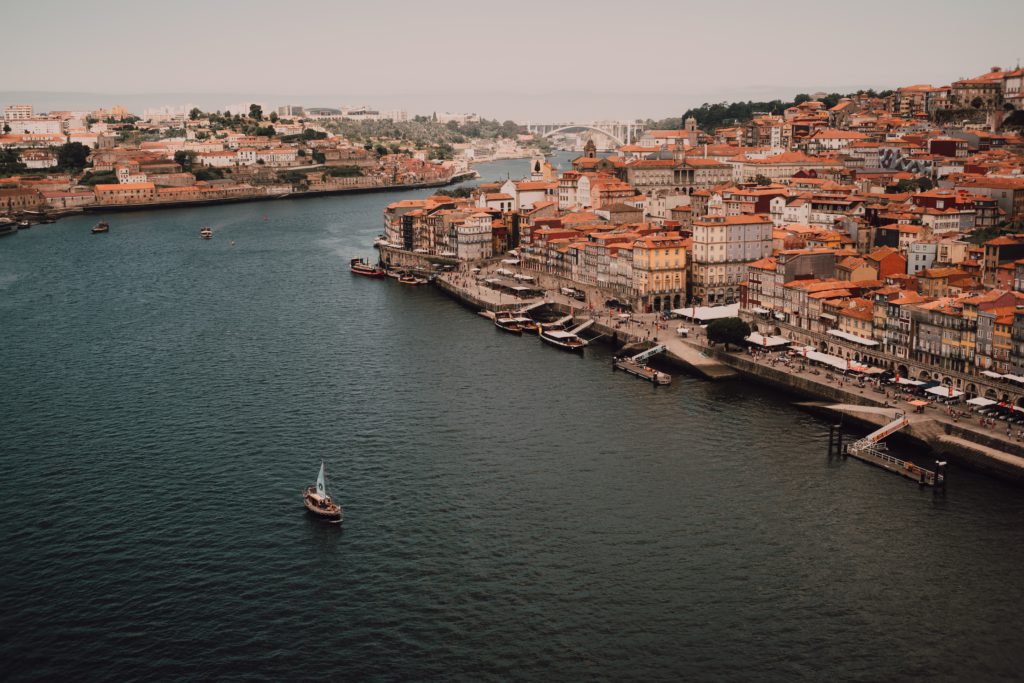
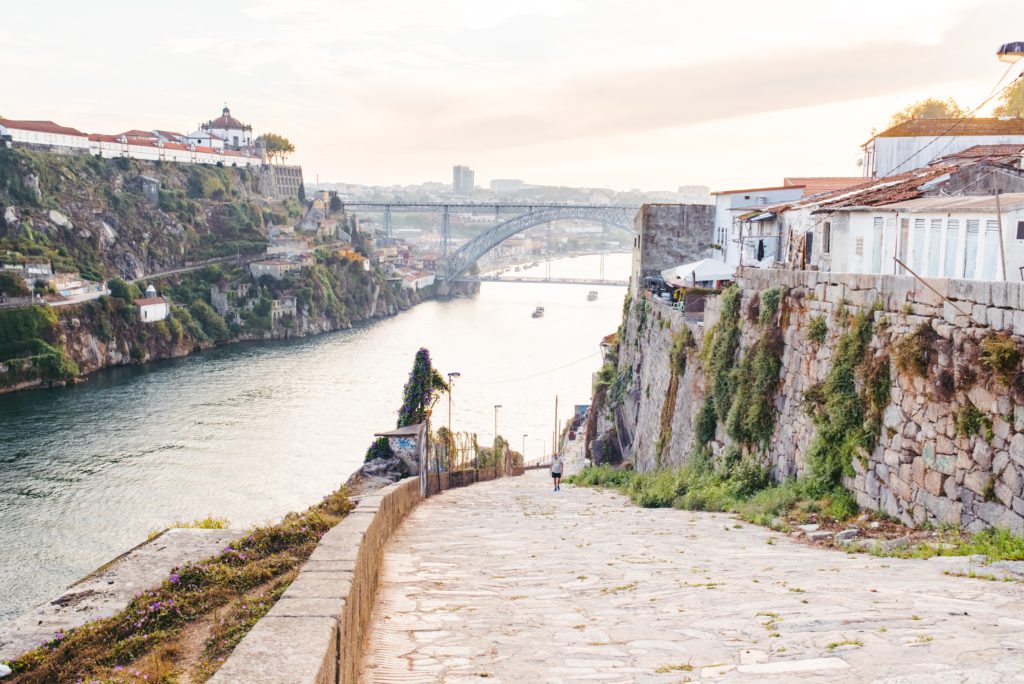
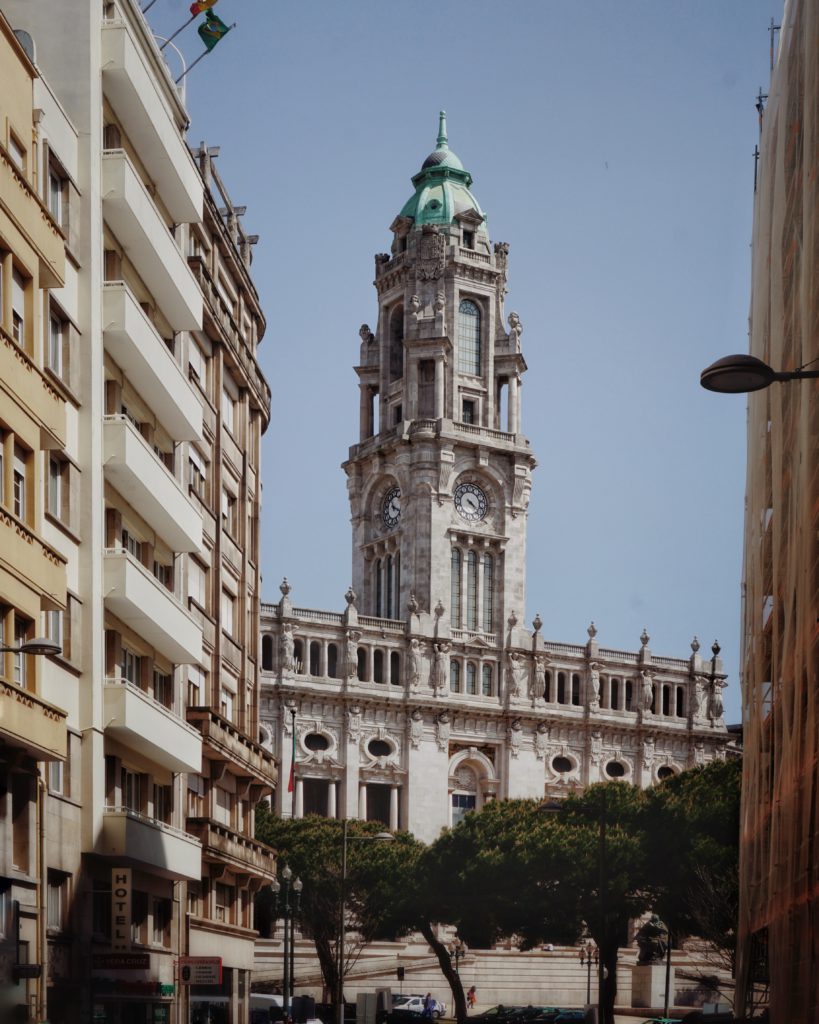
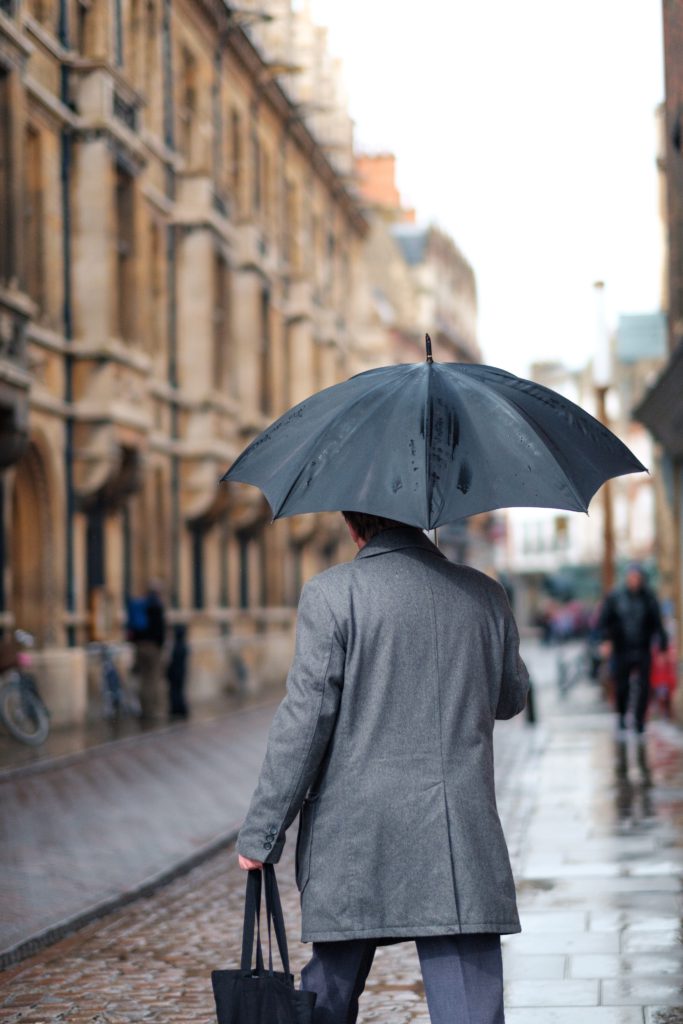
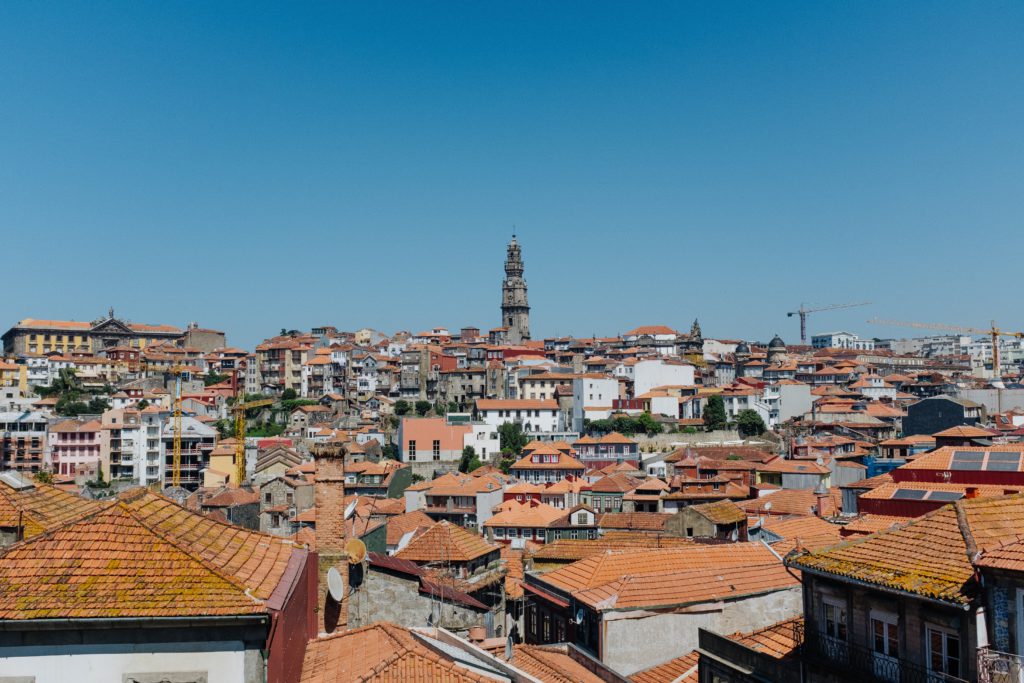
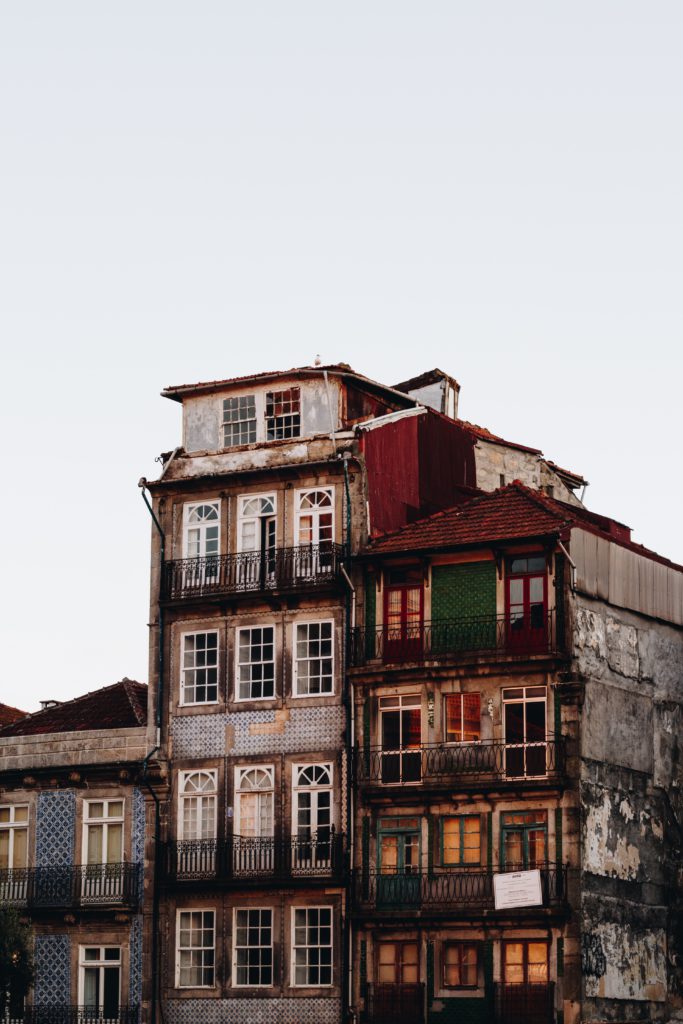
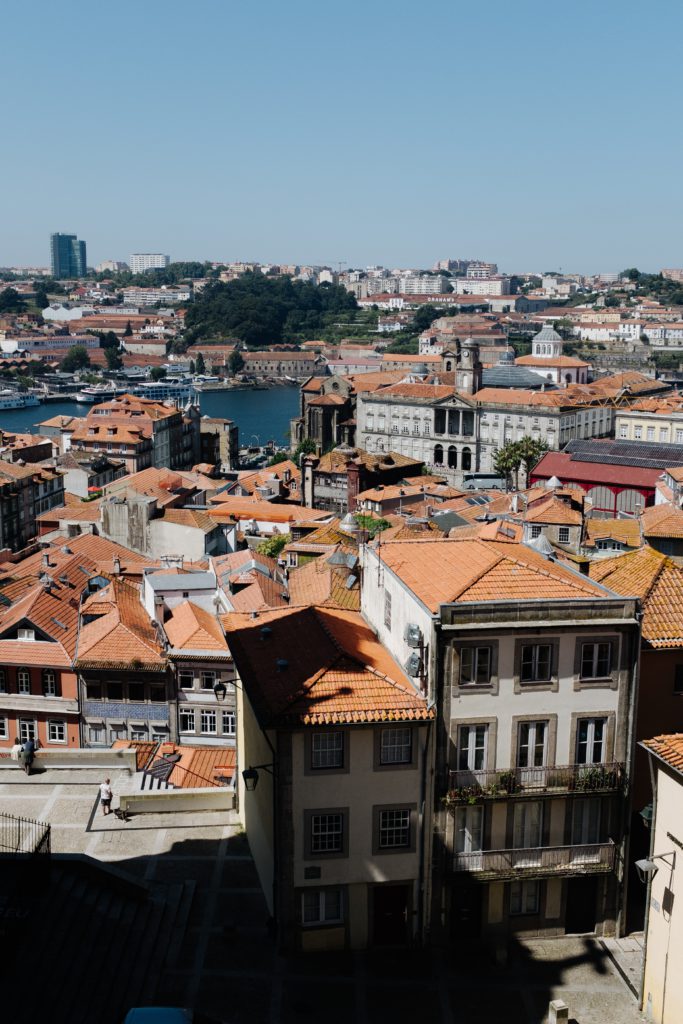
The b sound instead of a v sound is prevalent in Hispanic countries here in the Americas—must be Spanish influenced. Never heard it in my travels in the rest of Portugal.
Hi! Thanks for your comment!
Yes, you are absolutely correct! In fact it comes from the original language spoken here in the north – galaecean-Portuguese, spoken in the north part of Portugal and Spain.
In Portugal, the north kept this feature from the primordial language (not only Porto, but also other locations in Minho and Trás-os-Montes) but the south, influenced by other dialects, lost it.
In Spain they keep it as well to this day. With the discoveries, this feature was also taken to the Americas and, as you say, it is present till today.